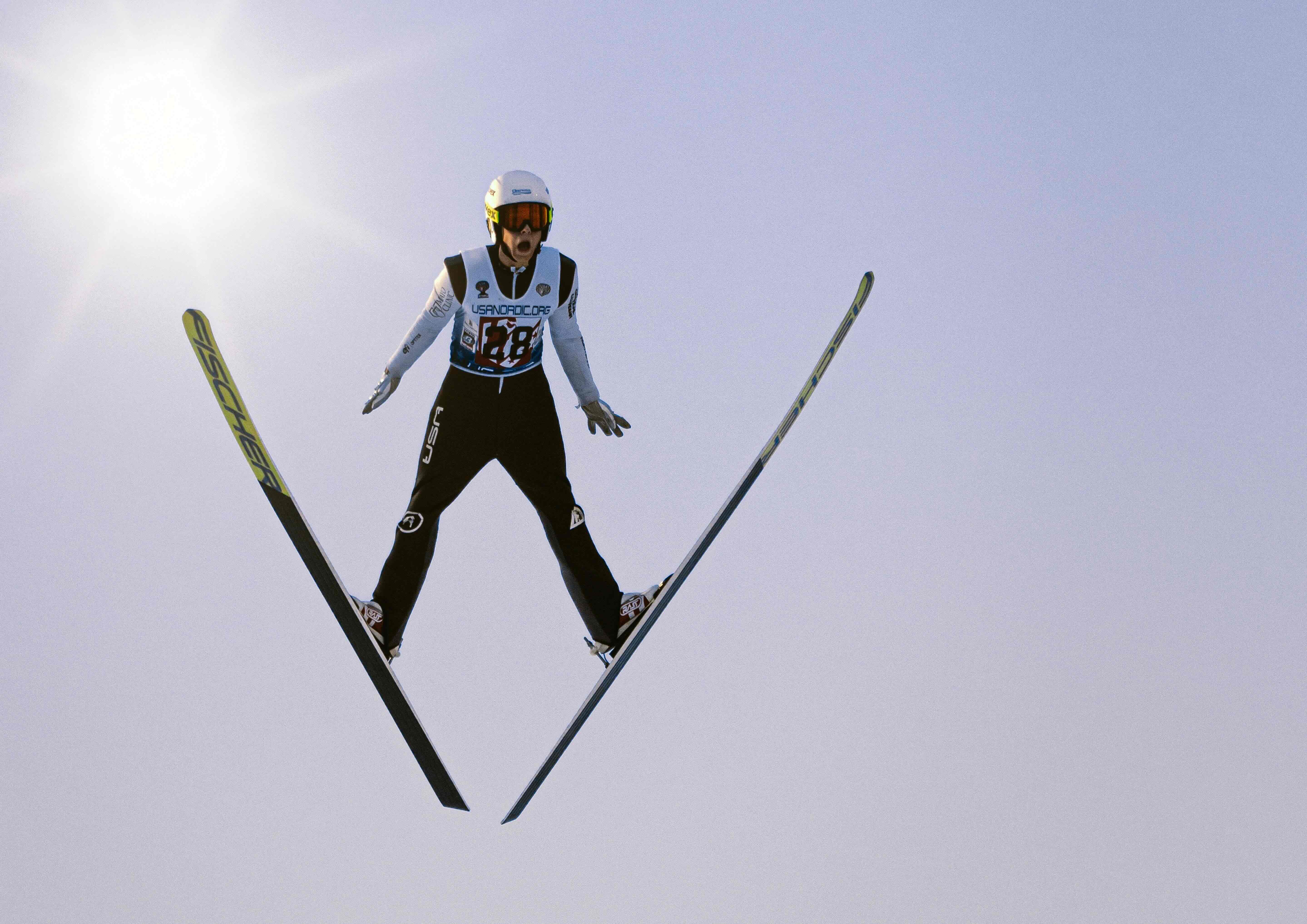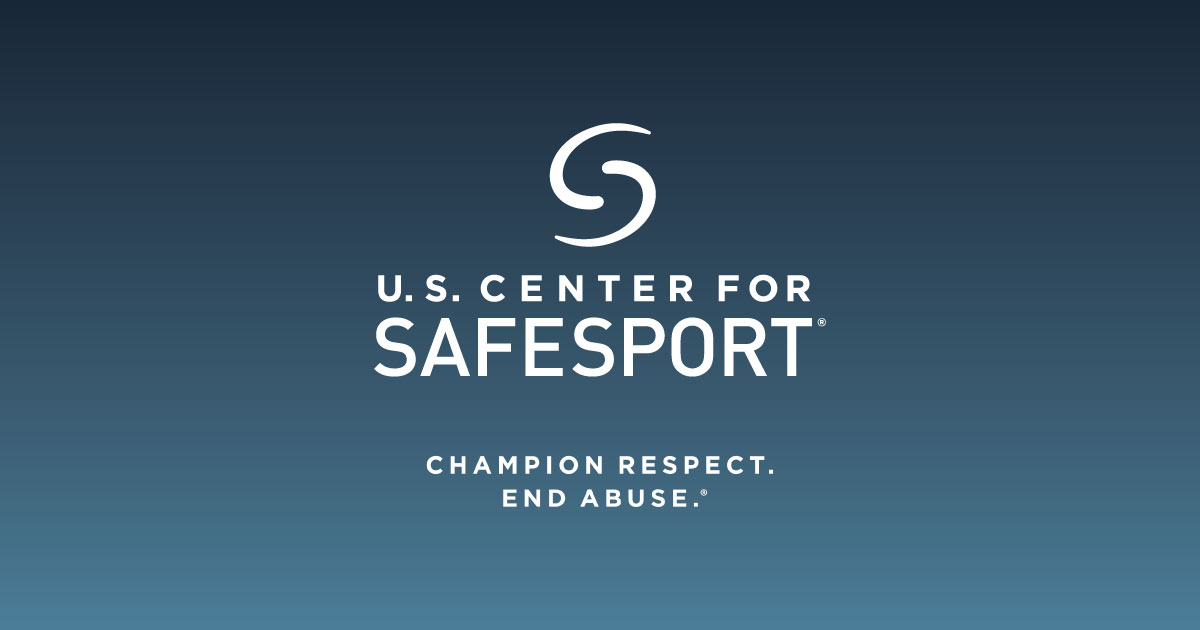
Key points
- Over 50 percent of athletes experience some form of abuse during their lifetime.
- #WeRideTogether is a nonprofit organization created to make the youth sport environment safer for all athletes.
- Real change starts with trauma-informed systems and believing survivors first.
Recently, I had the privilege of spending a day with the remarkable team behind #WeRideTogether, a movement working to end sexual misconduct in sport.
#WeRideTogether is more than a nonprofit; it’s a call to action. Born to confront the pervasive issue of sexual abuse in youth and amateur sports, the organization is reshaping what safety, accountability, and healing can look like in athletic spaces. Their mission is clear: Every athlete deserves to train, compete, and thrive in an environment free from abuse. Through survivor-centered storytelling, education, and stigma-smashing advocacy, they’re creating the cultural shift our sports systems so desperately need.
What unfolded that day was not just a conversation; it was a reckoning. A reclamation. And, most importantly, a reminder that change isn’t just possible: It’s already in motion.
Harrowing Statistics
More than half of all athletes experience some form of abuse during their lifetime, most often at the hands of someone they know, such as a coach, trainer, or teammate (Hartill et al., 2021). Rates of sexual violence in sport alone have been estimated as high as 14 percent (Lang et al., 2023).
And yet, we still lack a widespread, coordinated investment in preventing sexual misconduct in sport. These numbers are not just statistics; they’re a call to action. They underscore the urgent need to continue confronting abuse in athletic spaces with honesty, accountability, and sustained commitment to cultural change.

A Survivor’s Narrative
Olympic swimmer Margaret Hoelzer courageously shared her story of early childhood sexual abuse and how its impact echoed throughout her athletic career. She spoke of the armor she built: an unrelenting drive to be strong, flawless, and victorious. But no podium finish could replace the parts of her that were taken too soon. “I could cry into my goggles,” she once said, “and no one would notice.”
Today, strength means something different. For Margaret, it’s about transforming pain into purpose. It’s about speaking the unspeakable so that others feel less alone, and so the silence that shields abuse begins to crack.
Intersectionality and Power Imbalances
Dr. Tyler Miles, early in her career as a clinical and sport psychologist, spoke with a clarity and conviction that many never reach, even after decades in the field. She tackled the issue of emotional abuse and child exploitation in sport through a powerful lens of intersectionality, reminding us that certain identities are more vulnerable to harm and less likely to be believed if they come forward. She explained how power imbalances are woven into the very fabric of sport culture. Passion like hers doesn’t just inspire, it catalyzes change.
Trauma-Informed Sport Environments
I spoke about how abuse can echo across a lifetime, often in ways survivors don’t fully recognize or have language for until much later. There is no “perfect” victim; trauma takes many forms. It can surface as behavioral challenges, emotional dysregulation, or nonadherence to rules, which are frequently misread or dismissed.
In sport, the very qualities we celebrate—intense emotional bonds, high access to authority figures, and close physical proximity—can become dangerous when safeguards are absent. Young athletes are regularly placed in situations we’d flag as inappropriate in any other setting: one-on-one time with unfamiliar adults, unsupervised overnight trips, fast-tracked intimacy without earned trust.
Success should never come at the cost of safety.
The Team That Made It Happen
Carrie Kehring, president of #WeRideTogether, spoke with the raw power of lived experience. Her daughter’s story of sexual abuse—and the systemic failures that followed—fuel Carrie’s fight for justice. She knows all too well the betrayals survivors endure: from sport governing bodies to law enforcement to the communities that should have protected them. Injustices that would break most people. But not her. “And that’s why I’m going to change it,” she said. To that, I say: You already have.
Our host, Caroline Culbertson, held the space with grace, strength, and compassion, facilitating a conversation that was anything but easy. The women of #WeRideTogether—Michaela Callie, Kathryn McClain, Madison Smith, and Annelise Ware—brought fierce intellect, radical gentleness, and a shared commitment to truth-telling. Together, they created an atmosphere where even the hardest truths could be named without shame.
Emily Sheehan, an award-winning filmmaker and the day’s producer, and Caleb Hanson, the director who offered much-needed humor and groundedness, are sure to shape this into a story that demands to be seen and heard.
The #WeRideTogether Victim Experience series is set to launch in the coming months. Follow their work. Support their mission. This is how change takes root.
Real Change
So, what does real change look like?
- It looks like naming the truth: Perpetrators are solely responsible for sexual violence, regardless of their title, accolades, or reputation.
- It looks like sport communities rising to the challenge of creating trauma-informed environments, where everyone understands consent, can recognize grooming behaviors, and knows how to intervene and report safely.
- It looks like believing survivors first. Always. The investigations, the evidence, the procedures—they matter. But before any of that, we believe. Because the cost of disbelief can haunt a survivor for a lifetime.
- And to every survivor reading this: It’s never too late to speak your truth. It’s never too late to reclaim your story.
Read the original article on Psychology Today!
Tess M. Kilwein, Ph.D., ABPP, CMP
About the Author: Tess M. Kilwein, Ph.D., ABPP, CMP is a board-certified clinical and sport psychologist who holds space for difficult conversations about the things we don't talk about: addiction, gender, sex, sport, and trauma.
Online: Website, Facebook, LinkedIn, Instagram
References
- Hartill, M., Rulofs, B., Lang, M., Vertommen, T., Allroggen, M., Cirera, E., ... & Stativa, E. (2021). CASES: General Report: The prevalence and characteristics of interpersonal violence against children (IVAC) inside and outside sport in six European countries.
- Lang, M., Mergaert, L., Arnaut, C., & Vertommen, T. (2023). Gender-based violence in sport: prevalence and problems. European Journal for Sport and Society, 20(1), 57-78.
.jpeg)



